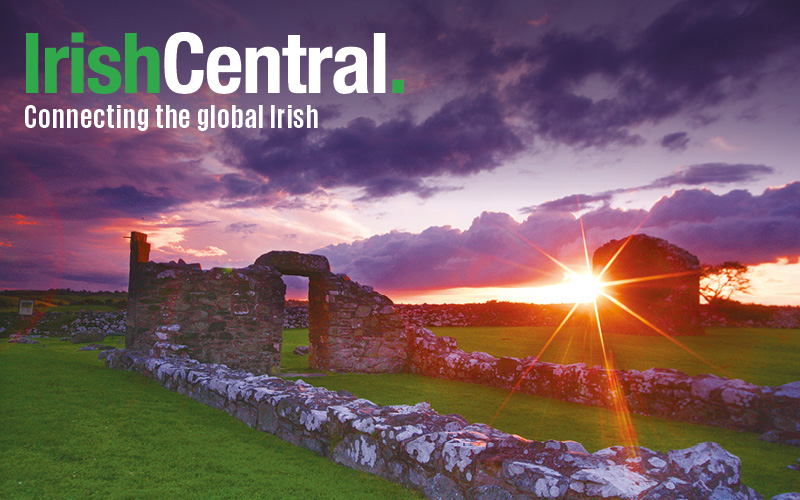Ireland is mired deep in a “dark night of the soul.” In Catholic thought, such a "dark night" can bring purification. Might it be the same for Ireland?
The Irish Church has been central to the Irish people for sixteen centuries. Even as we stumble through a spectacular economic collapse; people also now speak of the imminent collapse of the Irish Church.
The Dublin Report on child abuse in the Church was published last November, just as the worst floods in recorded history submerged major Irish cities. Then the nation froze solid in the coldest winter since 1947.
Patsy McGarry, the Religious Affairs Editor of The Irish Times puts matters like this:
"The Catholic Church in Ireland, as we have known it, is seriously damaged and probably beyond repair. It is sinking and sinking fast."
Even the most outspoken defenders of the Church now see the possibility of collapse. David Quinn has said: "Nuclear war has been declared on the Irish church by its critics. If it's going to go down, it may as well go down with its flags flying at full mast."
The tenor of the debate in Ireland changed over the past few months: ambivalence to the Church has given way to open hostility. And, if you read the pages of the Irish Catholic press, it is clear that the Catholic laity and clergy are the most enraged of all. Many feel let down by the Church that they love, and to which they have dedicated their lives. Although, none can feel more betrayed than the victims of abuse.
People could accept that there were some bad eggs in the Church. They cannot forgive a cover up by senior clergy: and that is the core finding of the Dublin Report. The Irish people now feel betrayed by their banks, their government and their church: the Pope's letter was written to a nation in despair.
The Irish Bishops seem blinded in the headlamps as they stumble from disaster to catastrophe. Only the Archbishop of Dublin, Diarmuid Martin, has chimed with the people with his humble and open contrition.
It has been a long, dark winter here in Ireland. The pope's letter arrived on the day of the spring equinox, when light and dark poise perfectly balanced, and seasons change. Ireland has always been paradise for six months of the year, and purgatory for the rest. The pope's addendum to his letter was a prayer for Ireland's recovery from this crisis. In it he expresses hopes for a "springtime of holiness". The papal letter is not all things to all men: Many have found good grounds to criticize it, yet it also offers some faint hope of a new beginning to a beleaguered people.
Even if day now grows to exceed night, the Irish Church remains at war with itself and its critics. Amid the fray, the words of an old soldier now resonate. Tom Kettle was a dedicated Irish Catholic, a lawyer and a poet. Just days before he was killed in the Somme in 1916, he wrote a poem to his baby daughter:
"Know that we fools, now with the foolish dead,
Died not for the flag, nor King, nor Emperor,
But for a dream, born in a herdsman's shed,
And for the secret Scripture of the poor."
This crisis arose because many in power put the empire of the Church above that dream, that scripture, and our children.
The dream that was born in a herdsman's shed has sustained the Irish people for centuries through war, desolation and famine. In Ireland, we can only hope that a bright spring will follow this darkest of winters.
Rory Fitzgerald is a writer resident in County Cork. He also writes for the Huffington Post.




Comments